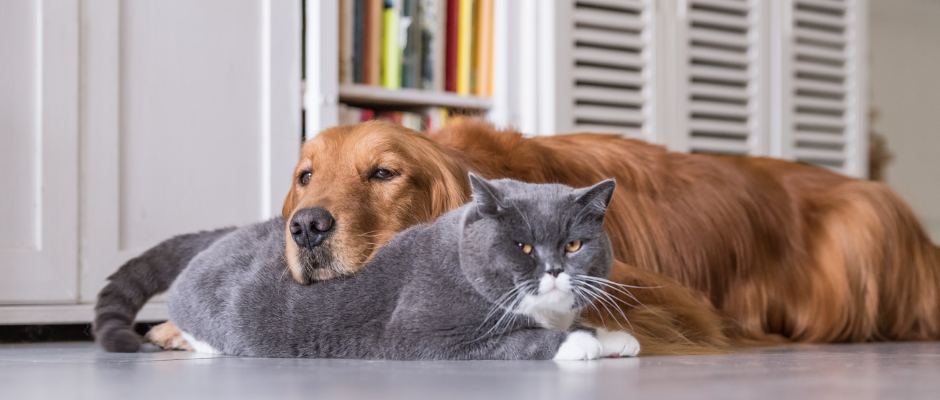
Pet Essentials

Pets depend on their owners to keep them and the community safe by being responsible.
Find out more about responsible pet ownership.
Lifetime Registration
The Office of Local Government advises that under the Companion Animals Act 1998 No 87, it is compulsory that cats and dogs are:
- Microchipped by twelve (12) weeks of age or at point of sale/giveaway and
- Lifetime Registered either by 12 weeks of age, or immediately upon transfer of ownership
Please note a late fee is applied if you do not pay registration within 28 days of when it is due.
Certificate of Identification - When a pet is Microchipped, a Certificate of Identification is issued to the owner once the details have been entered into the NSW Pet Register.
Certificate of Registration - When the Lifetime payment has been made, a Certificate of Registration is issued to the owner once the payment details have been processed.
Steps to Lifetime Registration
Register your pet for life, it’s easy, cost effective and the best way to keep your pet safe, for always. Here's how:
- Microchip your pet
- Create a NSW Pet Registry account and check your details
- Pay your Lifetime Registration at 12 weeks or upon transfer of ownership (whichever comes first)
- Desex your pet or additional fees will be required
The Registration fee covers the cat or dog for its lifetime in any NSW Council area including if the ownership changes. Before becoming a owner complete a Buyer Search if you are looking to purchase a pet.
Benefits of Lifetime Registration
Registering your pet clearly identifies the animal as yours. If your pet becomes lost, we will be able to notify you of your animal's whereabouts if it is found.
Registration fees are used to provide services such as:
- Public education about responsible pet ownership
- Maintenance of leash free areas
- Community microchipping days











